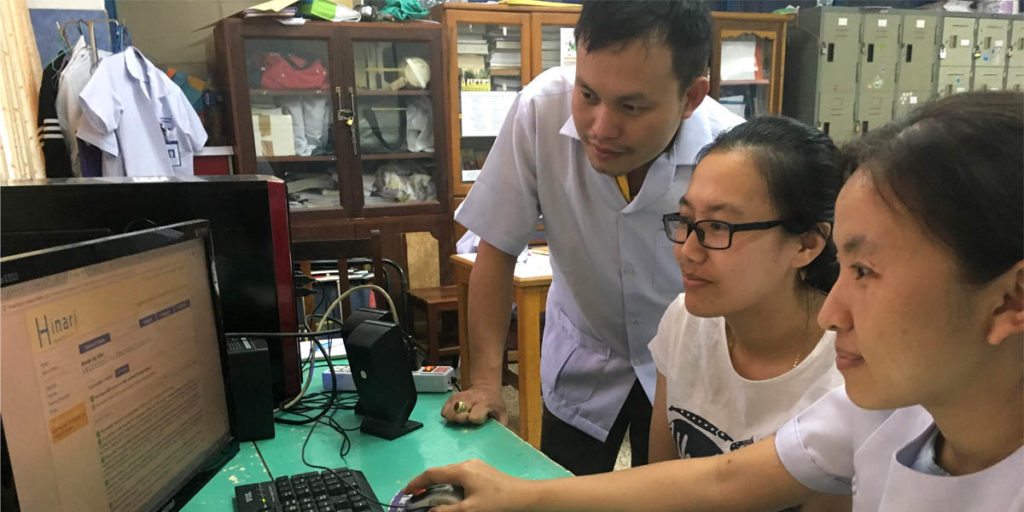Putting ClinicalKey in doctors’ hands through Research4Life’s developing country access
Medical search engine lets doctors and nurses find evidence-based answers while treating patients
 Whether they are based in Boston, Beijing or Botswana, doctors everywhere struggle with information overload. Treating patients and keeping up with their administrative work and the latest research is more than a fulltime job.
Whether they are based in Boston, Beijing or Botswana, doctors everywhere struggle with information overload. Treating patients and keeping up with their administrative work and the latest research is more than a fulltime job.
Since 2012, doctors have been using ClinicalKey to quickly distill evidence-based answers from a massive database of clinical content. It’s an intuitive search engine that helps them save time, make more accurate diagnoses and find best practices at the point of care.
In June, ClinicalKey will be made available in over 80 developing countries through Research4Life. ClinicalKey will join Elsevier’s ScienceDirect and Scopus among the 50,000 peer reviewed books, journals and databases that are currently available from more than 200 publishers.
“Making ClinicalKey available to doctors and nurses in developing countries through Research4Life will help those medical professionals utilize the latest evidence-based clinical information to achieve the best outcomes for their patients,”
said Dr. John Danaher, President of Clinical Solutions at Elsevier.
Hinari, Research4Life’s biomedical arm that provides access to health and medical research, has steadily improved its research collection since it was founded in 2001. But adding a widely available, commercially designed and robust clinical search engine for healthcare professionals should greatly boost usability. ClinicalKey has the potential to speed up how medical research is consulted in developing countries.
Read more on Elsevier Connect





